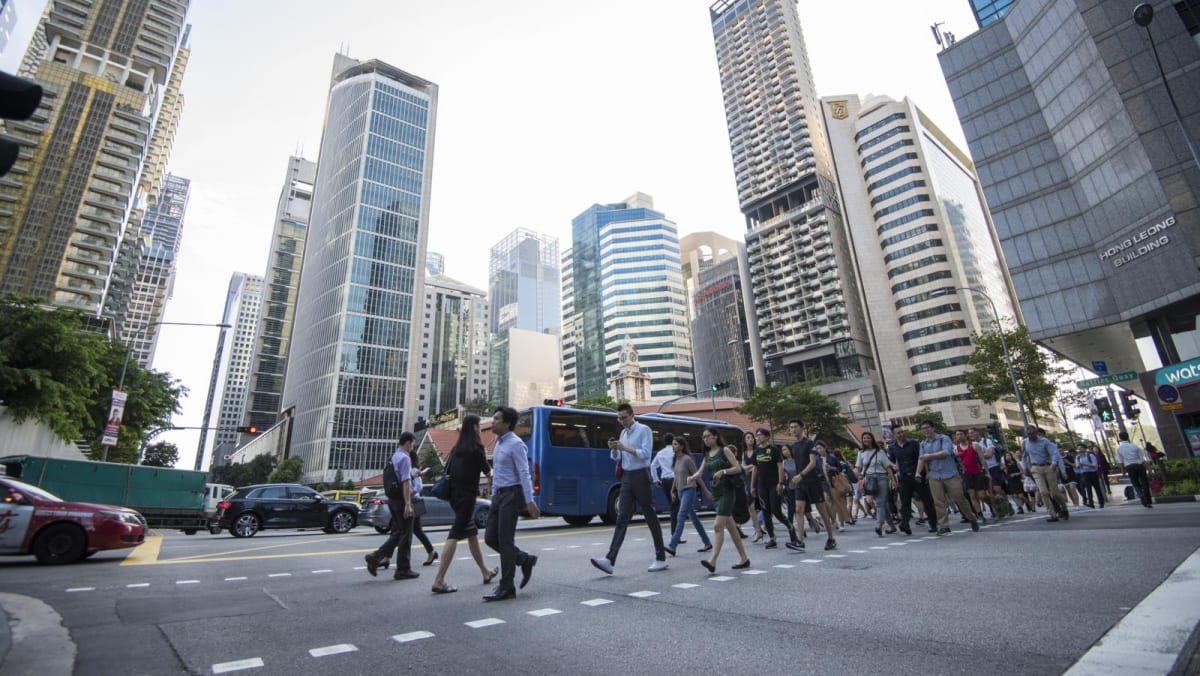Singapore firms brace for further uncertainty as Trump ignites widespread tariffs

SINGAPORE: Since the US presidential election victory of Donald Trump in November last year, Watson EP Industries has been preparing for the possibility of new trade tariffs that could impact its customers and operations. The Singapore contract manufacturer makes audio and a range of plastic products out of its factory in Guangdong, China and of which, 40 per cent is shipped to the US. Yet no amount of preparation appears sufficient for the sweeping tariffs announced by the US on Wednesday (Apr 2). In what Trump dubbed “Liberation Day”, a steep reciprocal tariff on close to 60 economies with which the US has the largest trade deficits will kick in on Apr 9. These include superpower rival China, which faces a 34 per cent tariff rate, on top of the 20 per cent levy previously imposed on the country, bringing the total new levy to 54 per cent. The US also announced a universal tariff of 10 per cent on all imports into the US, including those from Singapore, from Apr 5. “Trump is known to be unpredictable so anything can happen but tariffs on almost all countries, including Singapore, is a surprise,” said Ms Joyce Seow, group executive director at Watson EP Industries. Since a 20 per cent tariff was imposed by the US on China goods earlier this year, some of the contract manufacturer’s clients in the US had enquired if production could be done in Singapore instead. Watson EP Industries has been exploring that option but will now need to re-examine its calculations given the raft of new tariffs. “April will be a busy month for us as we study the costs involved and continue discussions with our customers on the viability of shifting some of these production to Singapore,” Ms Seow told CNA. “Even then, we don’t know if this is the end.” HIGHER COSTS IN THE NEAR TERM The local firm is not alone in bracing for further uncertainties. Singapore may have avoided much harsher levies, but others believe that the local economy will still feel a hit. In particular, businesses that are involved in cross-border trade and logistics, as well as those with production facilities in countries such as China.


















